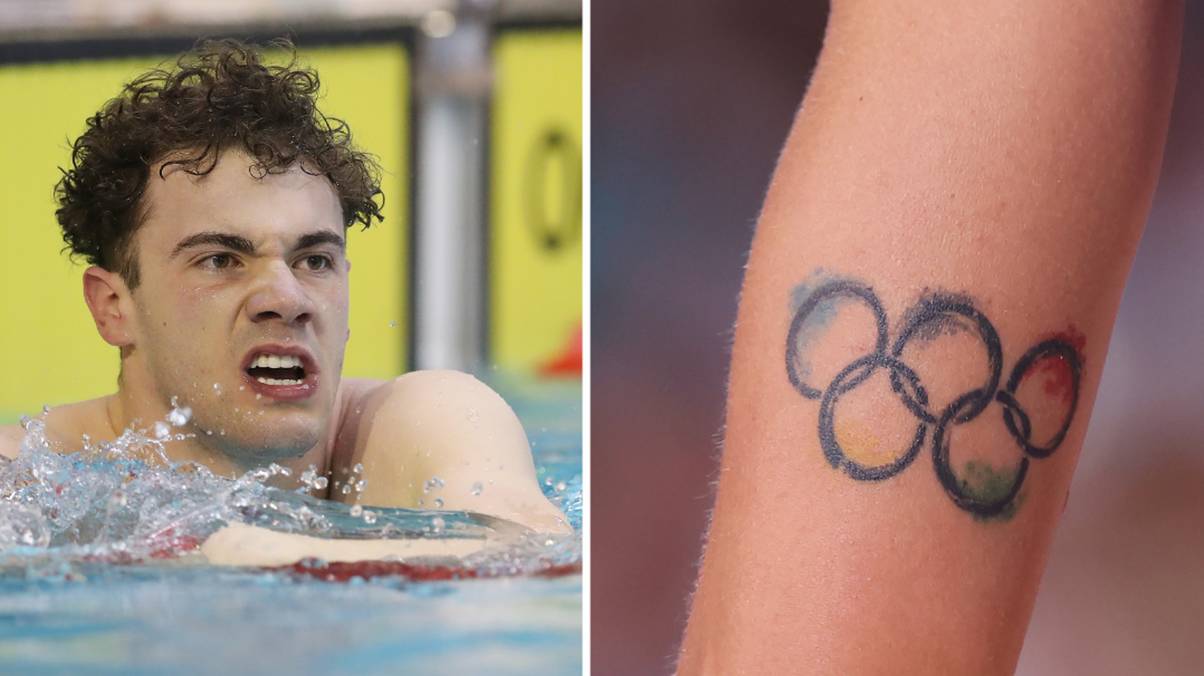
The Paralympic Games has made a major rule change after an athlete was previously banned over a tattoo.
If you watched the 2024 Olympic Games earlier this year in Paris, you'll know there are a series of rules that competing athletes have to abide by.
For example, we all know what happened to the Brazilian swimmer Ana Carolina Vieira, who was sent home after leaving the Olympic village with her boyfriend without permission.
Now that the Paralympic Games are upon us, people are realising that it's not just the Olympics in which athletes have to be careful.
Swimmer Josef Craig found this out a few years back when he was disqualified for an unfortunate reason.
Back in May 2016, Craig had been competing in the IPC European Championships in Madeira when he found himself disqualified.
This was because he had failed to cover up a tattoo - specifically, the Olympic rings and Team GB lion's head design on the left side of his chest.
.jpg)
At the time, an International Paralympic Committee spokesman explained: "Body advertising is not allowed in any way whatsoever and that includes the Olympic rings. The athlete did not wear a cover and was therefore disqualified.
"All teams are informed of the advertising policy at a technical meeting prior to competition so it wasn't as if they had not been reminded about the rules."
Ahead of the 2024 Paralympic Games, the IPC have now announced that the ban of covering up brands or logos will be lifted.
“Athletes with such tattoos do not need to cover them up,” Craig Spence of the IPC told The New York Times.
Although it may seem harmless to have the Olympic rings on show, there's a simple reason why it was previously an issue.
Although many people associate the Olympics and the Paralympics as going hand in hand, their logos are totally different and the Olympic rings are actually trademarked by the International Olympic Committee.
.jpg)
Following the disappointing disqualification, Craig went on to qualify for the Rio 2016 Paralympics and ended up taking home the bronze in the 100m S8 freestyle.
This time, however, he had covered his Olympic rings tattoo with a Union Jack.
The athlete, who has cerebral palsy, is now retired and spends his time coaching others.
He said of his decision to become a coach: "It's time for a new challenge. To be able to help individuals gain an important life skill and also go on to achieve will be really rewarding."